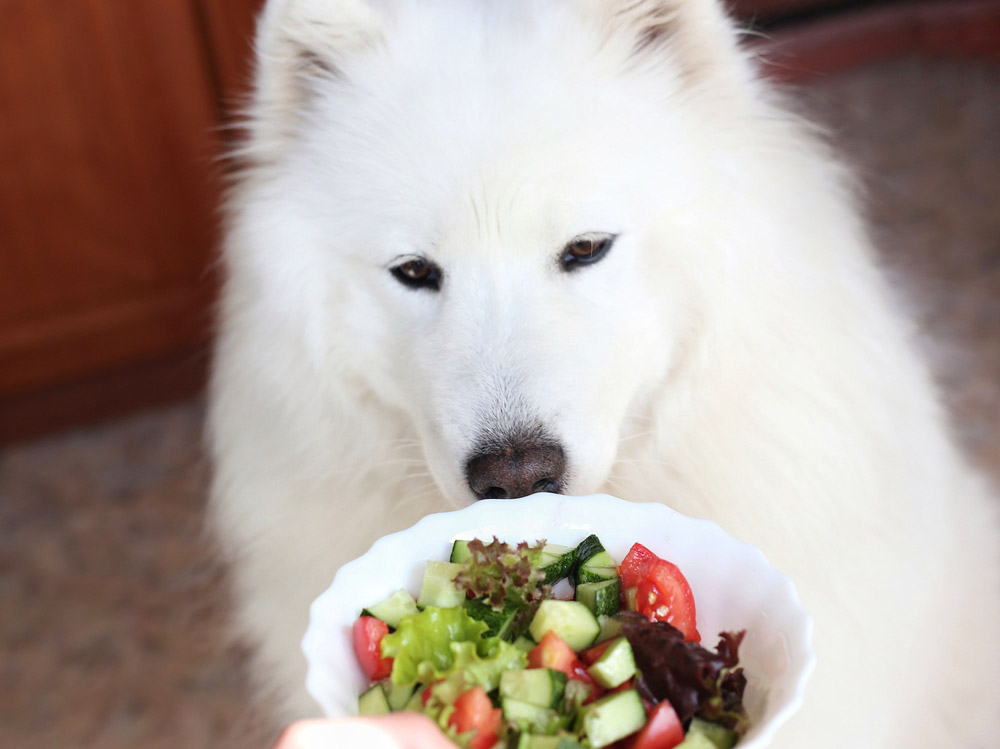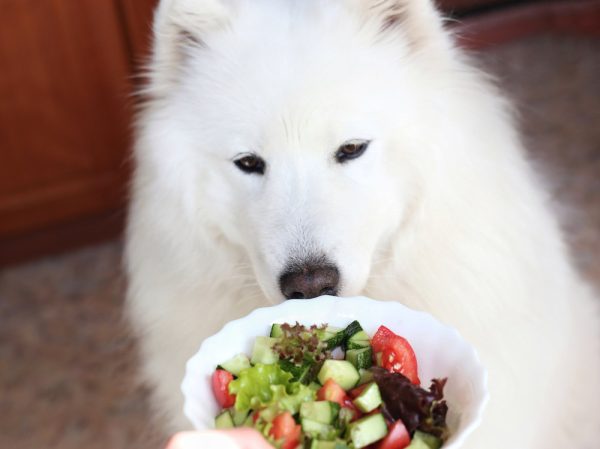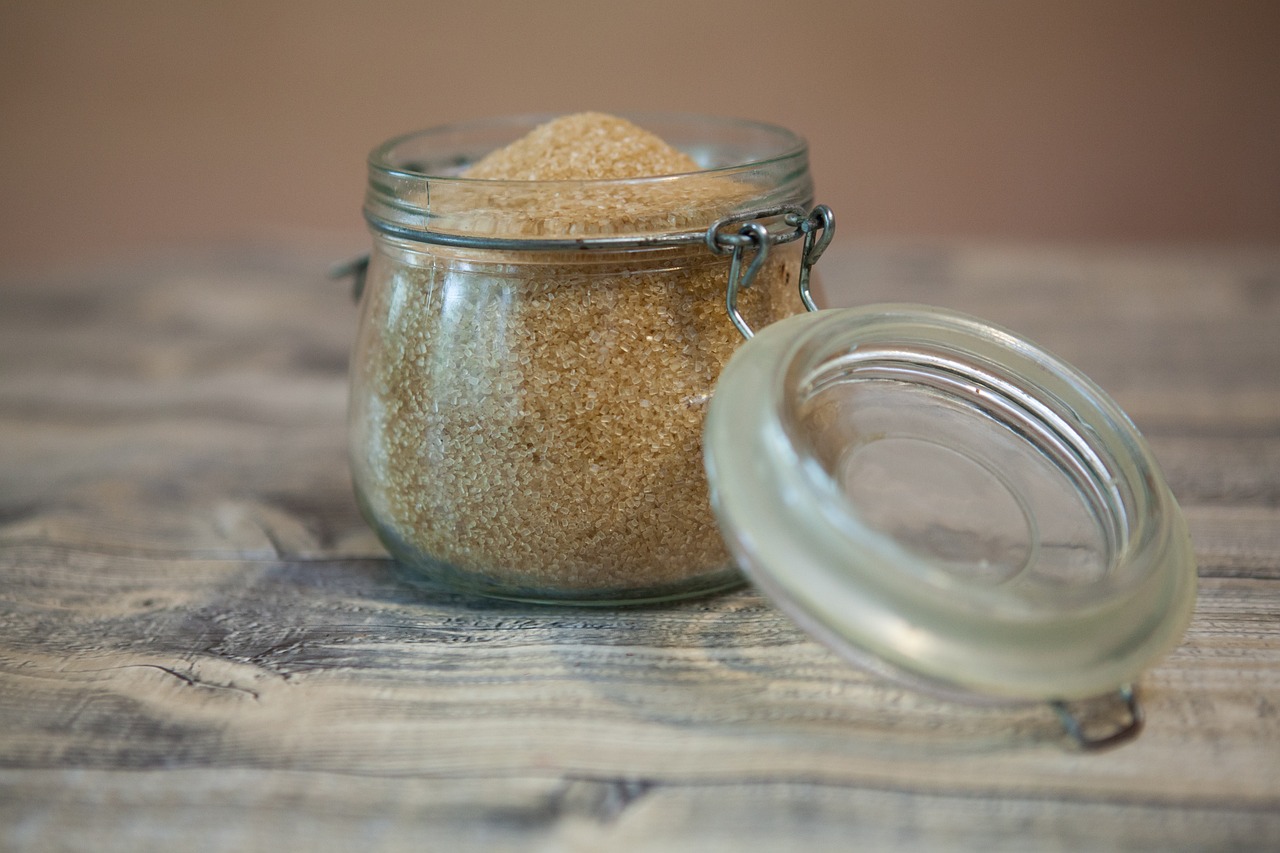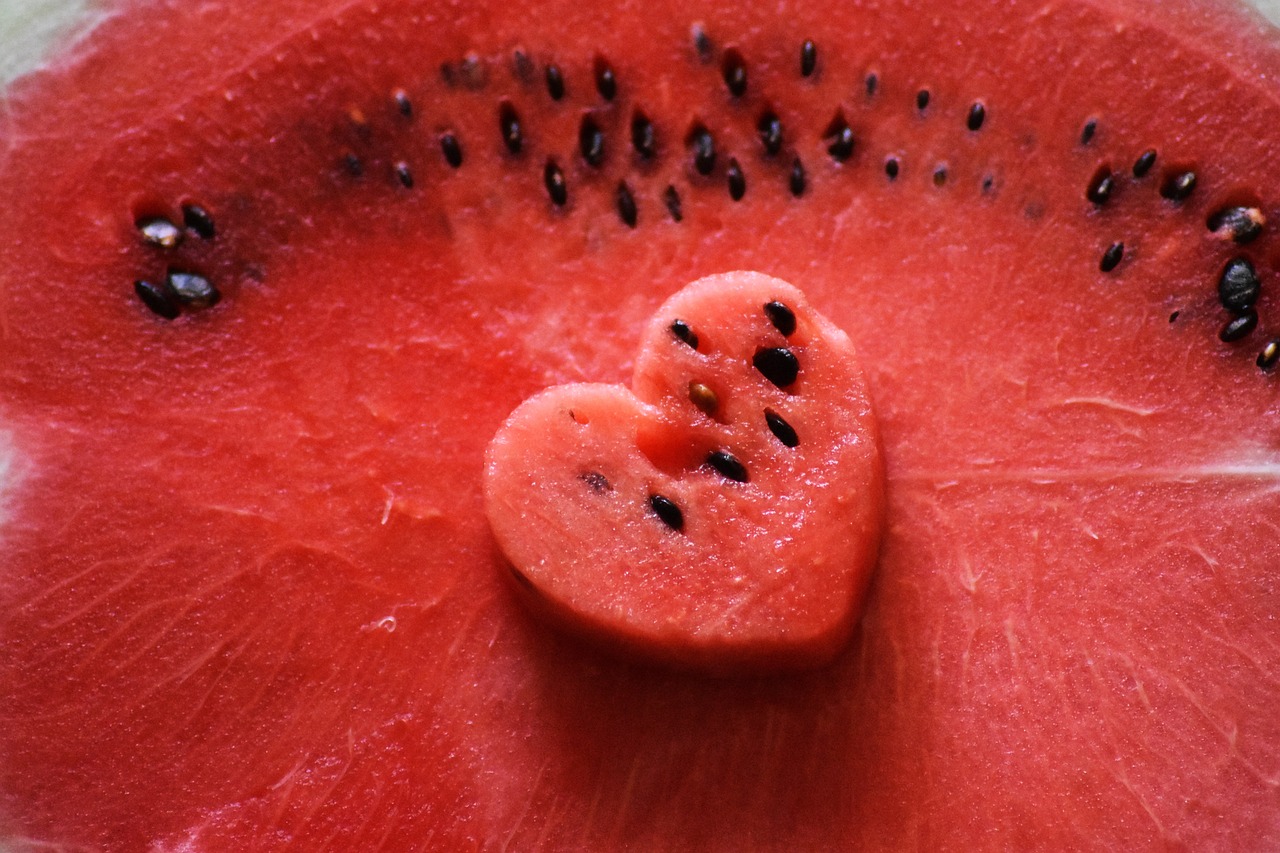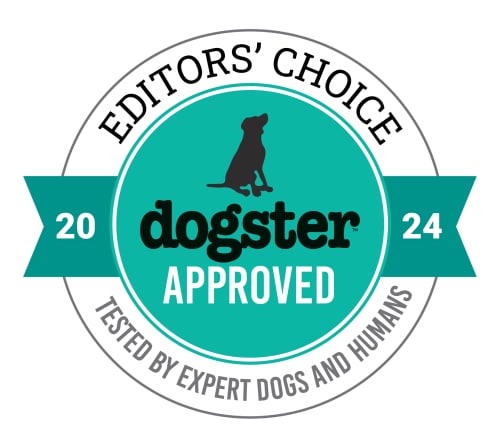Click to Skip Ahead
Vitamin K is a necessary nutrient for all humans and animals. In addition to making this vitamin within our bodies, we can get the vitamin from the foods that we eat, and so can your dog! Here are five great food sources of vitamin K that you can share with your dog during mealtimes.
The 5 Vitamin K Food Sources for Dogs
1. Broccoli
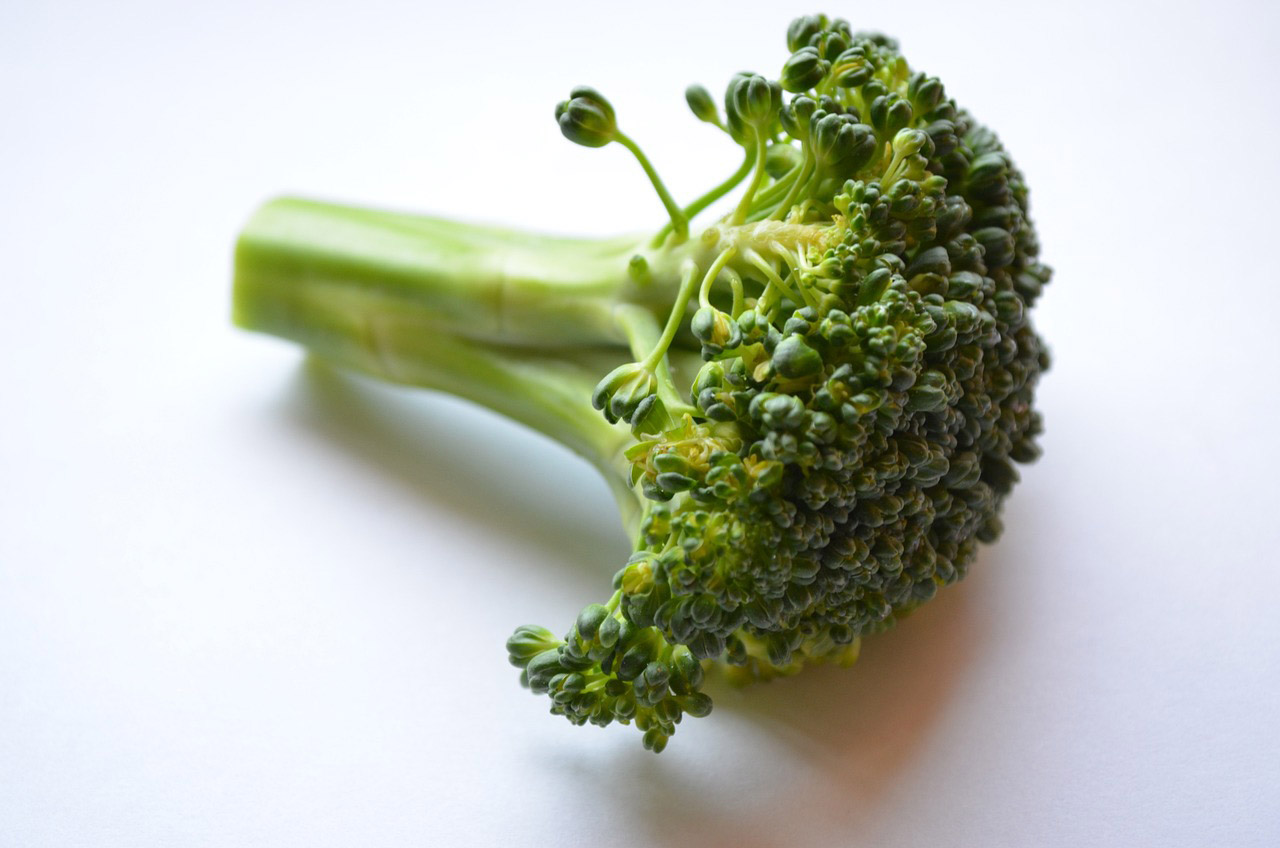
| Serving Size | ½ cup, chopped |
| Vitamin K Content per Serving | 110 mcg |
| Calories per Serving | 15 |
Broccoli is a great option for dogs that need more vitamin K in their diet. It can be fed to your dog completely raw, steamed, or boiled. However, raw and steamed broccoli maintains more nutrients than boiled broccoli. Broccoli also happens to be a powerhouse of antioxidants. Just to be sure to serve plain, without any additional seasonings.
- The crunchy texture can help clean plaque from teeth
- It can be easily added to meals or offered as snacks
- Can be a choking hazard if not cut into small enough pieces
- May cause gas
2. Kale
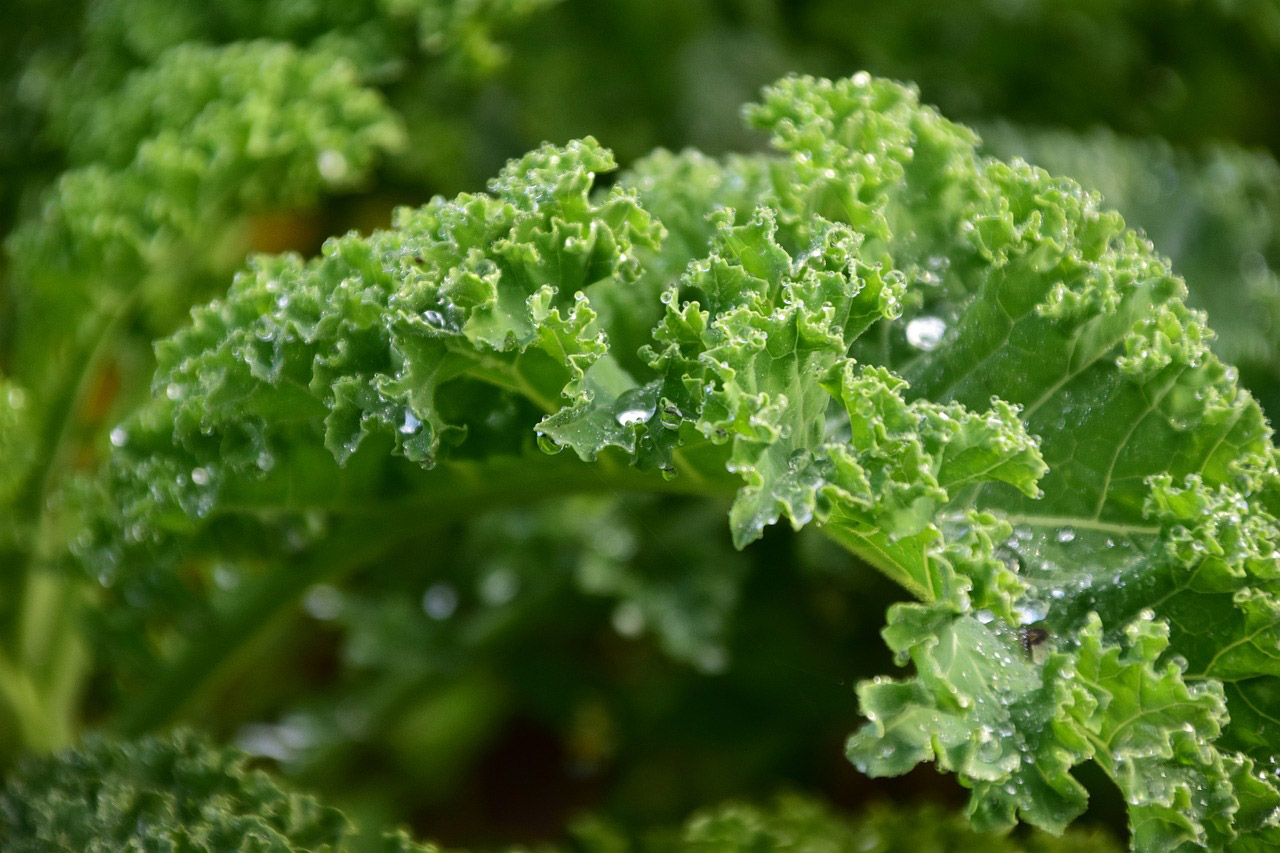
| Serving Size | 1 cup, chopped |
| Vitamin K Content per Serving | 113 mcg |
| Calories per Serving | 33.5 |
This leafy green is considered a superfood and for good reason. Not only is kale packed full of vitamin K, with 113 mcg present in every cup, but it also contains important nutrients, such as calcium and selenium. Surprisingly, most dogs do not seem to mind the taste or texture of kale, whether raw or cooked.
- A little goes a long way
- Holds up well in the fridge compared to many other greens
- Can get stuck in a dog’s teeth
3. Beef Liver
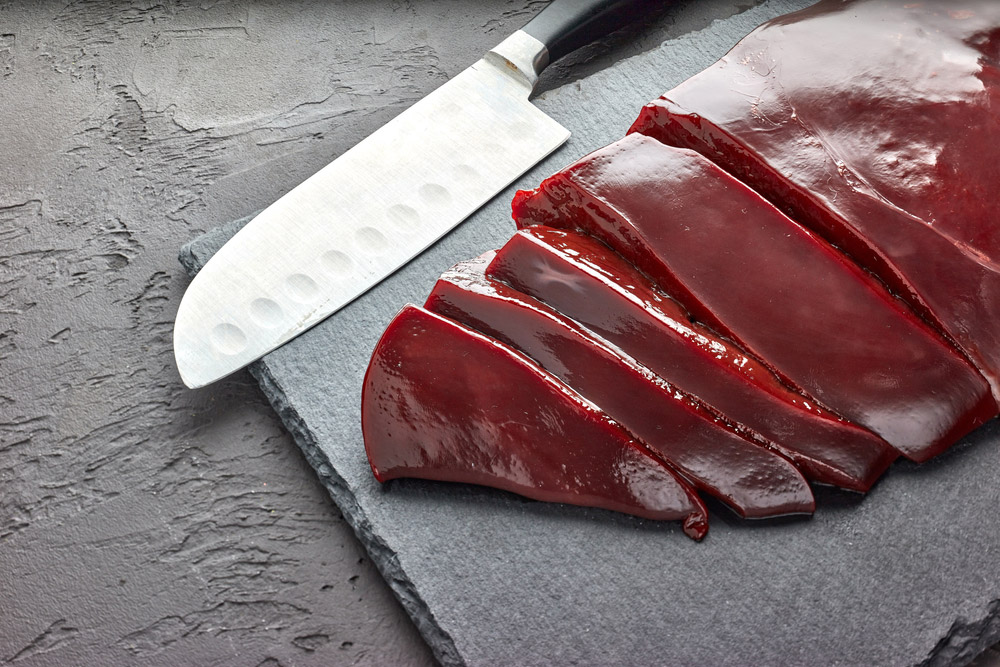
| Serving Size | 100 grams |
| Vitamin K Content per Serving | 11 mcg |
| Calories per Serving | 142 |
Beef liver contains a decent amount of vitamin K and touts 21 grams of protein per serving. While dogs may be able to eat liver raw, we recommend that it gets cooked on the stove before being served to your dog, just to ensure that no harmful bacteria are left on it.
- Dogs tend to love this treat
- Requires no special cleaning or preparation
- Can make your house stink
- Not as high in vitamin K as other foods
4. Green Beans
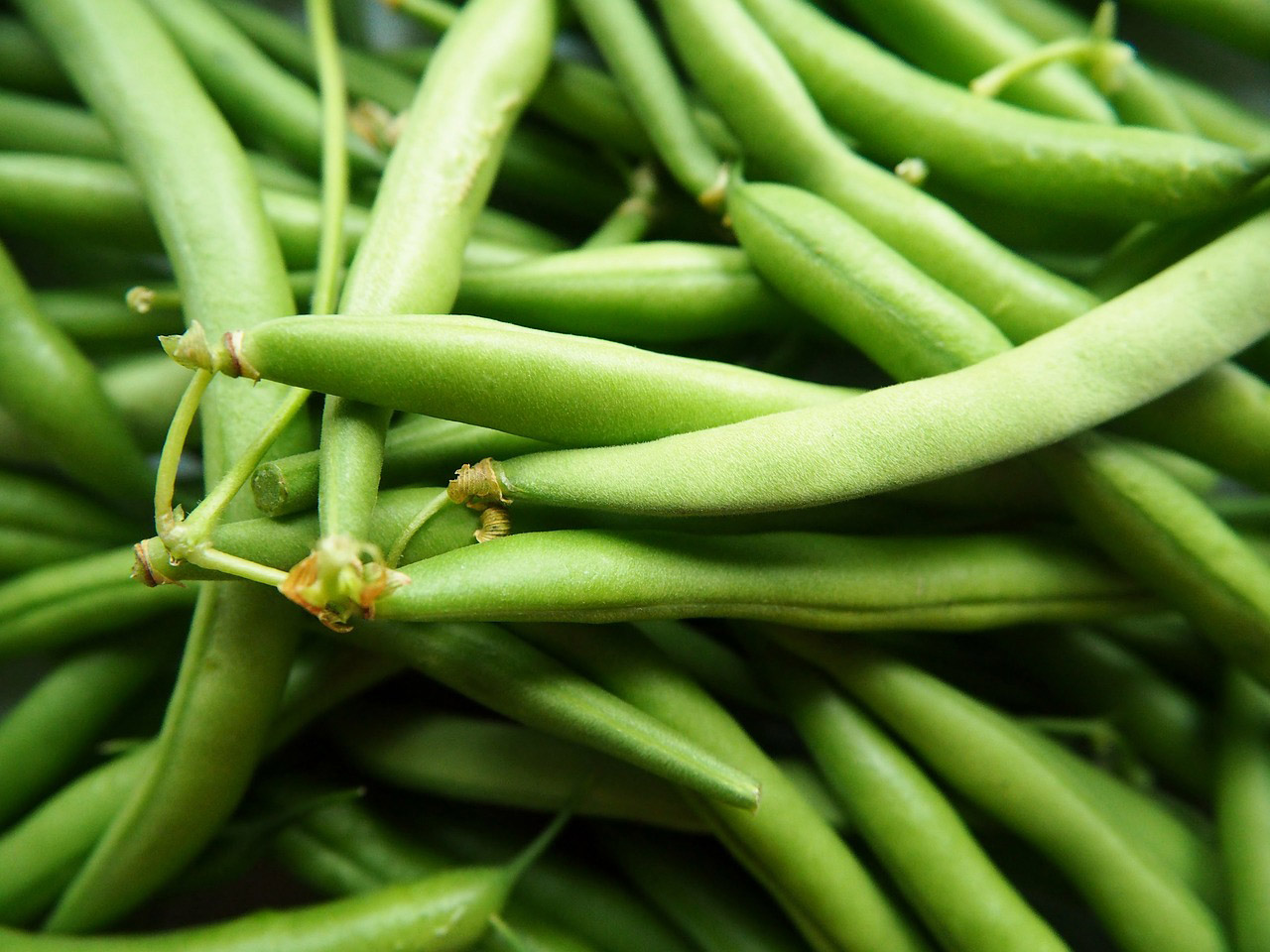
| Serving Size | 1 cup |
| Vitamin K Content per Serving | 43 mcg |
| Calories per Serving | 44 |
Some dogs like green beans, while others turn up their snouts at the veggie. If they are snack favorites, they offer plenty of vitamin K and manganese, among other nutrients. If you need to feed your dog green beans out of a can, look for an option that contains no added salt.
- Full of vitamin K, which helps with bone growth
- Low in calories
- Canned variety might contain salt, so check the label
- Some dogs might not like vegetable snacks
5. Brussels Sprouts
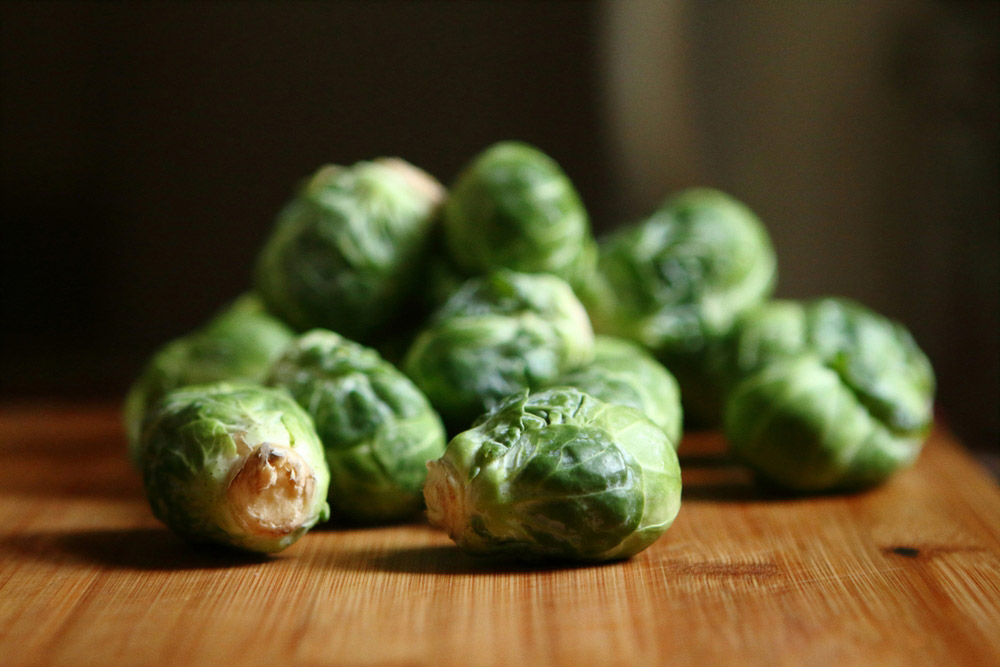
| Serving Size | ½ cup |
| Vitamin K Content per Serving | 78 mcg |
| Calories per Serving | 28 |
Although Brussels sprouts aren’t favorites for most kids, many dogs seem to enjoy snacking on them, which means they can get the nutritional benefits of vitamin K, folate, and choline. These green sprouts can be shaved and served raw or boiled and cut in half or smashed before serving.
- Great for weight management
- Can be tough on the digestive system when eaten raw
Why Vitamin K Is Important for Dogs
Vitamin K is a fat-soluble vitamin, which means it dissolves and is stored in fat cells for later use when needed. One of the main reasons vitamin K is important for dogs is that it is a major component of blood clotting.
Vitamin K also regulates calcium deposition in bones and other tissues in the body, so it’s thought to help prevent osteoporosis in older dogs. The truth is that bacteria in the body create vitamin K naturally, so supplementation is not usually needed. The main reason that dogs may require high vitamin K foods is if they have consumed rat poison. The addition of vitamin K can help combat the effects of the anticoagulant in rat poison. Dogs may also experience vitamin K deficiency for other reasons, which can cause excessive internal and external bleeding, poor bone development, and even the development of cardiovascular disease.
Conclusion
Dogs, like all animals, require vitamin K for good health and a high quality of life. Fortunately, they tend to get all the vitamin K that they need through the commercial food that they eat and via bacteria living inside their bodies. However, if vitamin K supplementation is required, there are plenty of foods that offer up this important nutrient.
Featured Image Credit: Olga Anikina, Shutterstock

